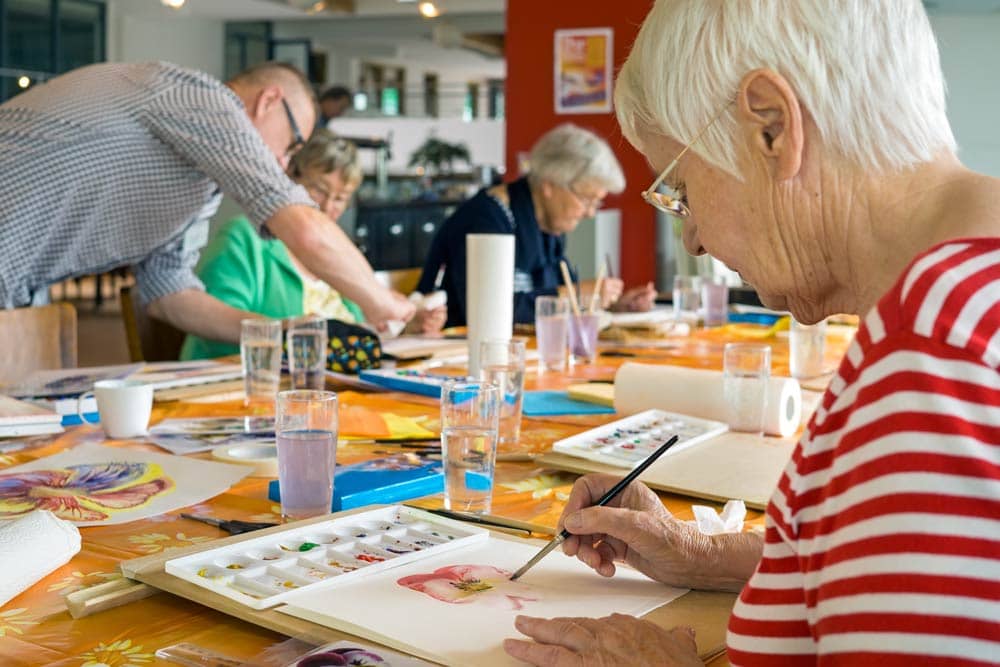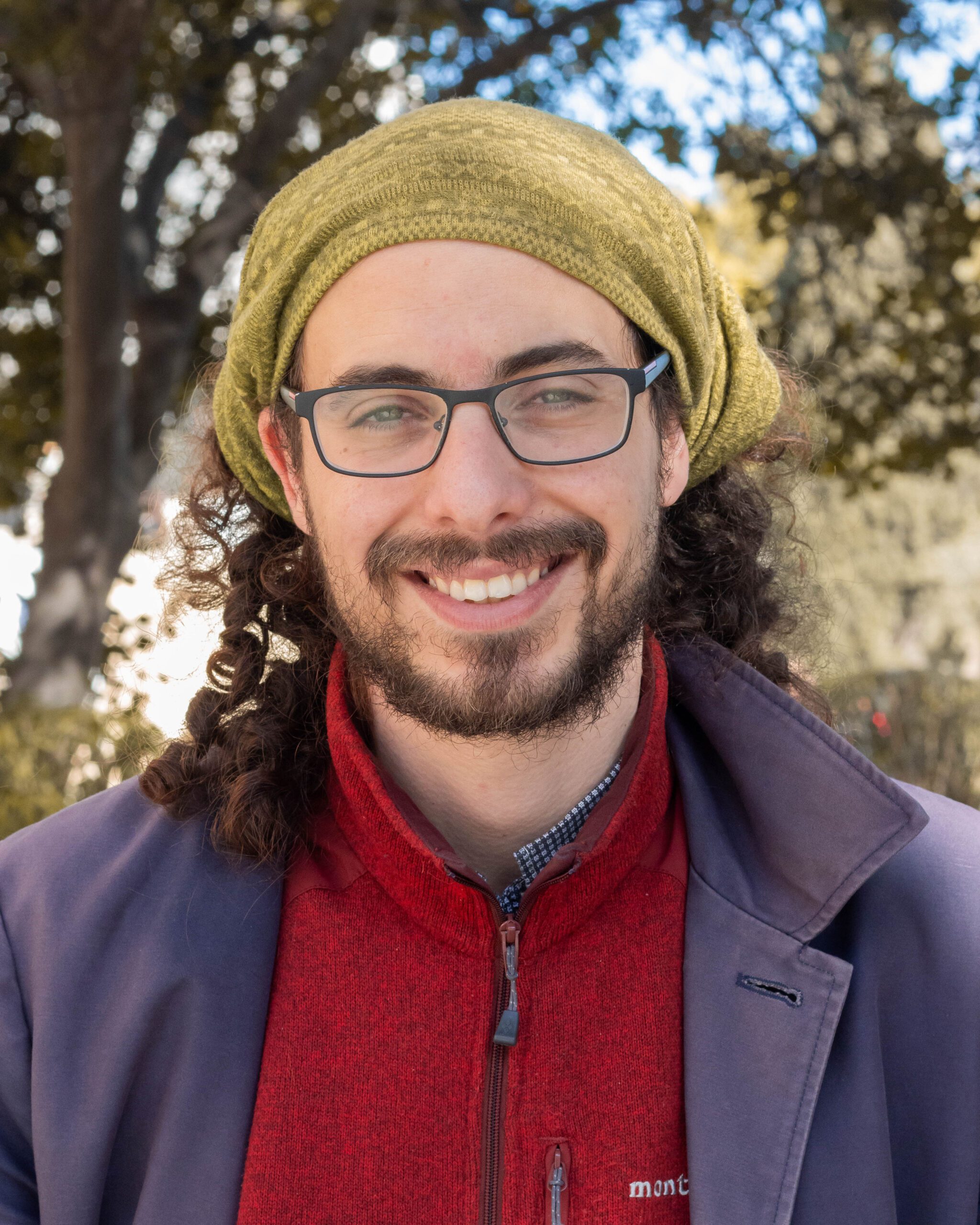The prospect of ageing can be terrifying, especially when it is our loved ones who are ageing before our eyes. How do we come to terms with the emotional difficulty of seeing our parents’ age (and in some unfortunate cases, deteriorate due to diseases), and how to broach sensitive yet crucial subjects such as their end-of-life, euthanasia, and retirement preferences?
You have fond memories of your parents taking you to the park and teaching you to ride a bicycle. Your father and mother were once superheroes; they knew everything and could do anything. But as the indifferent waves of time pass, you realise your parents have grown old. Your father forgets the names of people and places he’s known his whole life. Your mother’s back is no longer straight and proud but starting to curve. Their hairs grey and whiten, while they regularly mumble about a new pain here and an ache there.
How do we come to terms with this parental role reversal? And how can we help them enjoy a fulfilling retirement?
Active Ageing
As our parents grow older, we are faced with a score of moral obligations, financial challenges, as well as the emotional difficulty of seeing loved ones age. We want what is best for our parents, yet some of us might have children of our own we need to take care of. And what about those people who would like to start a new life abroad, yet are rooted in place out of fear that something will happen to their parents while they are away?
We might feel we have a moral duty to our parents; after all, these are the people who raised us when we were mere infants. However, for Prof. Marvin Formosa (Associate Professor for Gerontology and Dementia Studies with the Faculty for Social Wellbeing, UM), there are particular issues with this way of thinking. ‘I’m a liberal in the sense that everyone is responsible for their own well-being. However, I also believe that both the state and civil society have a duty to empower older adults to take care of themselves (where possible).’
Rather than viewing older adults from a biomedical perspective, Formosa advocates active ageing. This is the continued participation of older persons in the formal labour market, as well as living healthy, independent, and secure lives as they age.
While the reality is that many older persons require some level of care, this does not mean that they are hospital patients or that they are completely dependent. Formosa points out that ‘many older people who are living in care homes could actually live in a community with adequate community care support.’ Initiatives such as Meals-on-Wheels, Home Help, and domiciliary care (e.g. nursing, physiotherapy, dentistry, etc) can empower older adults and help them live longer in the community.
That being said, this type of support does have its limits. People become frail or develop chronic conditions that require consistent and specialised care. There is a watershed moment when the frailty becomes too much for community care support to handle.
‘I look at residential long-term care as something of a last resort. However, for those people who need long-term care, they actually experience an increase in their quality of life. The trick is to not go into residential care too early or too late.’
Prof. Marvin Formosa
Age vs Youth
The way we treat older persons in general, not just our parents, is connected to the way we view age. ‘When we think of older adults, we tend to imagine them as patients. People in need of care, rather than independent, autonomous individuals,’ says Formosa.
Age is seen as ugly and older persons as ailing and weak, while youth is always seen as beautiful and vibrant. This isn’t just limited to the individual perspective but is seen in society as a whole. Advertisements bombard us with medical marvels to combat old age, and when politicians speak about older persons, it is within the context of providing treatment rather than giving them the means to live as independent, autonomous individuals. Providing this care (which is a noble goal) takes precedence over dignity and privacy.

Factually speaking, one has to admit that ageing is hard and painful. Physical ageing is something that people want to avoid. Nobody wants back and knee pain. But there are other unpleasant aspects besides the physical — the issue of loss. You start losing your relatives, your friends, and the probability of death increases.
This external stigma, combined with our inherent fear of death, makes it difficult to accept and come to terms with ageing. This, in turn, means that we do not have any real conversation about ageing. Formosa goes a step further, explaining how ‘it is a cultural question. Different cultures handle it [death] differently. In the southern Mediterranean, death is a bit of a taboo, while northern countries tend to be more open. Protestant culture tends to come to terms with death more than in Roman Catholic settings, for example.’
This taboo prevents us from having painful yet crucial conversations with our ageing parents. How do we broach certain subjects with them, such as their stance on euthanasia or their retirement and burial preferences?
Formosa adds that ‘whilst there is no manual as to how to approach issues of end-of-life care and death and dying with one’s parents, discussing such issues are facilitated by life-long positive and open communication relationships in familial settings that have to start before problems kick in. I admit that this is easier said than done, but trust is essential for such topics to be adequately addressed, and trust is built over time and not overnight. One hopes that with each coming generation, families are better at being open with each other and accept both life’s possibilities and challenges’.
Dealing with our mortality and the mortality of our parents is not easy. It is difficult, painful, and wretched. However, ageing and dying are inexorable. As much as we might try to avoid it, age comes for us all. Helping our parents age with dignity can help us to come to terms with our own mortality and remind us that a good old age begins in youth. While the young wish for long life, the old have already achieved this. We strive toward living a fulfilling life, but we should accept that such a life also includes dying a dignified death.






Comments are closed for this article!